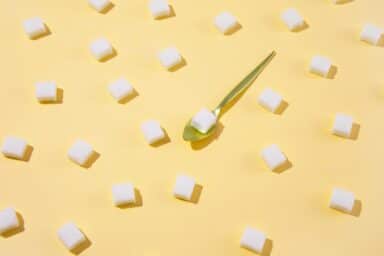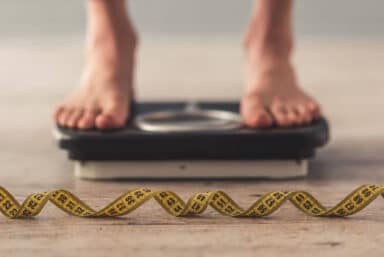

If you’ve tried and failed to lose weight before, you may believe that it’s just too difficult. But there are effective ways to avoid common dieting pitfalls and find tasty, filling choices that are energizing and healthy.
View FAQs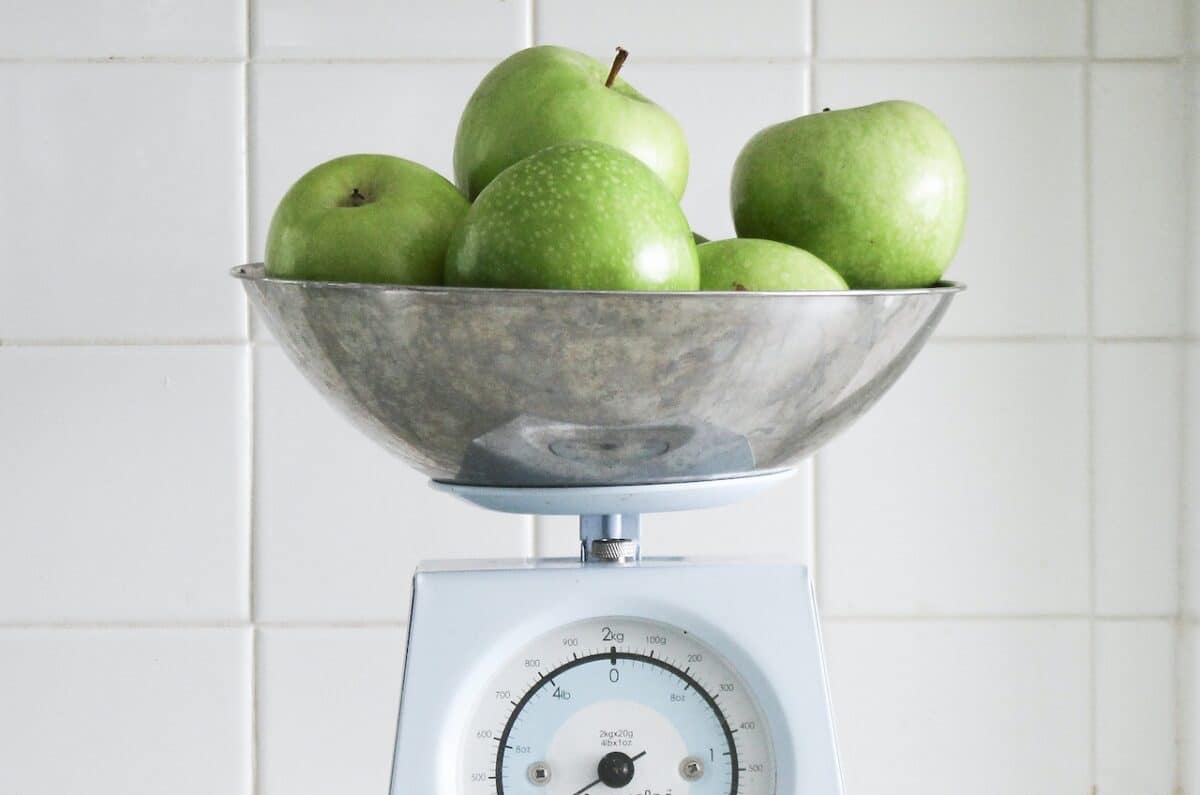


Dieting tips that work and won’t make you miserable
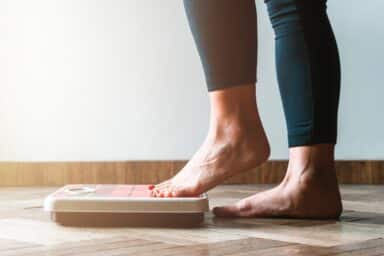
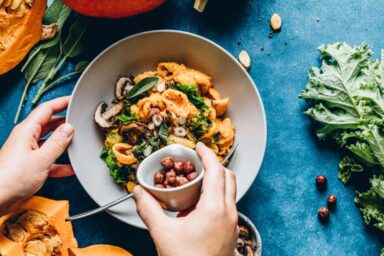
Understanding the increased risks to your health

Helping your child reach and maintain a healthy weight
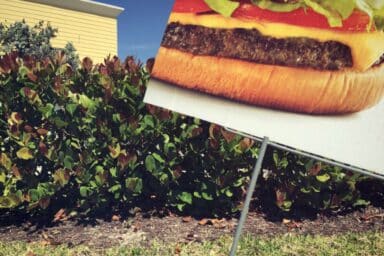
Tips for building a fitness plan, and finding the best exercises for you

How choosing healthier carbs can improve your health and waistline
